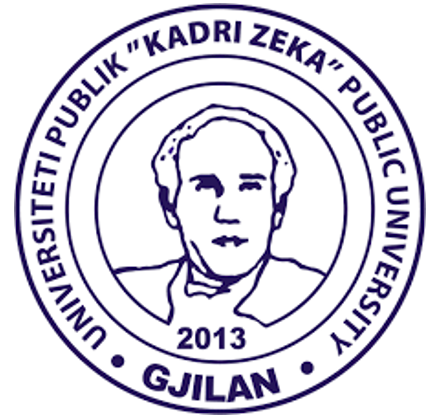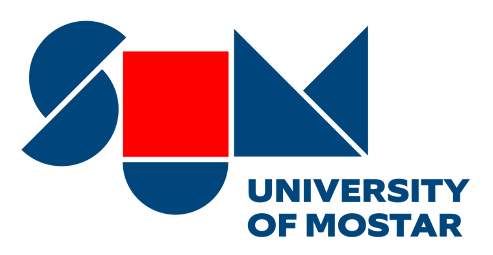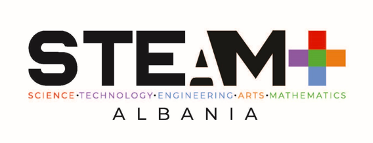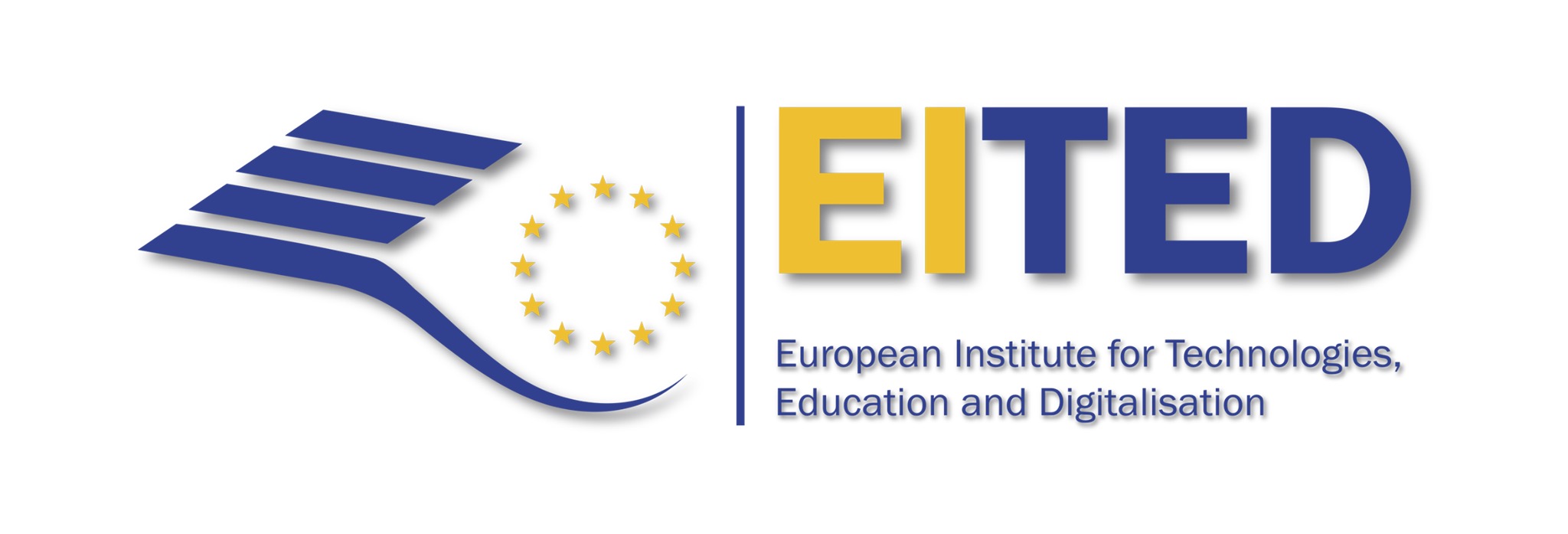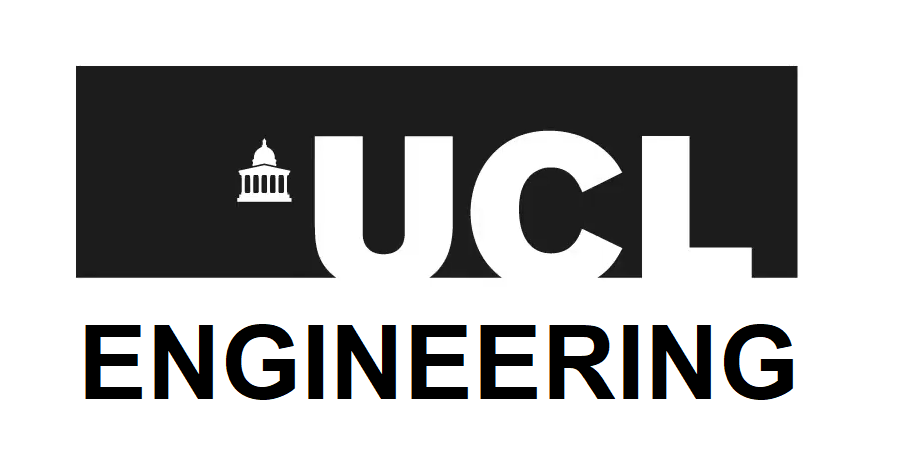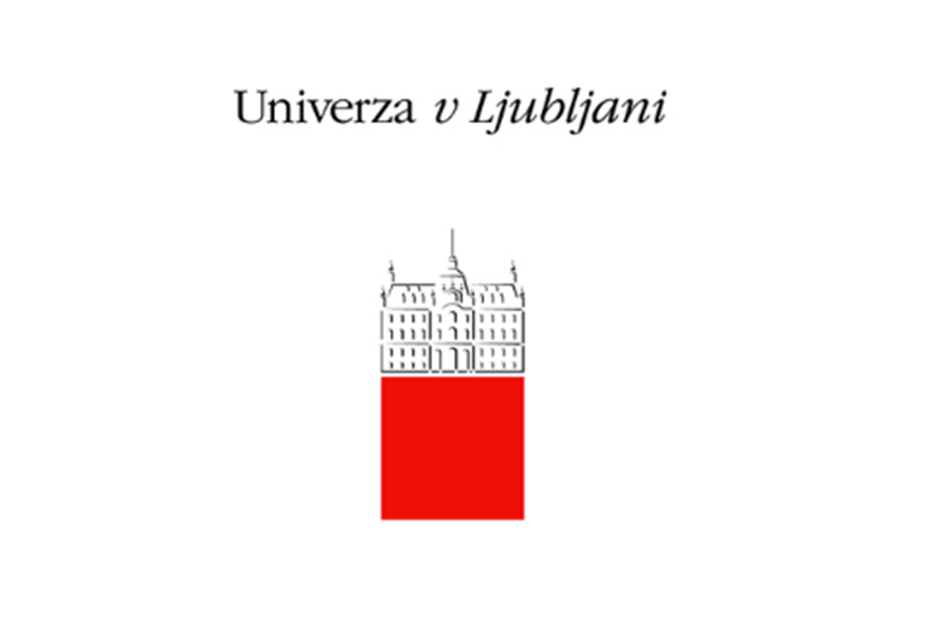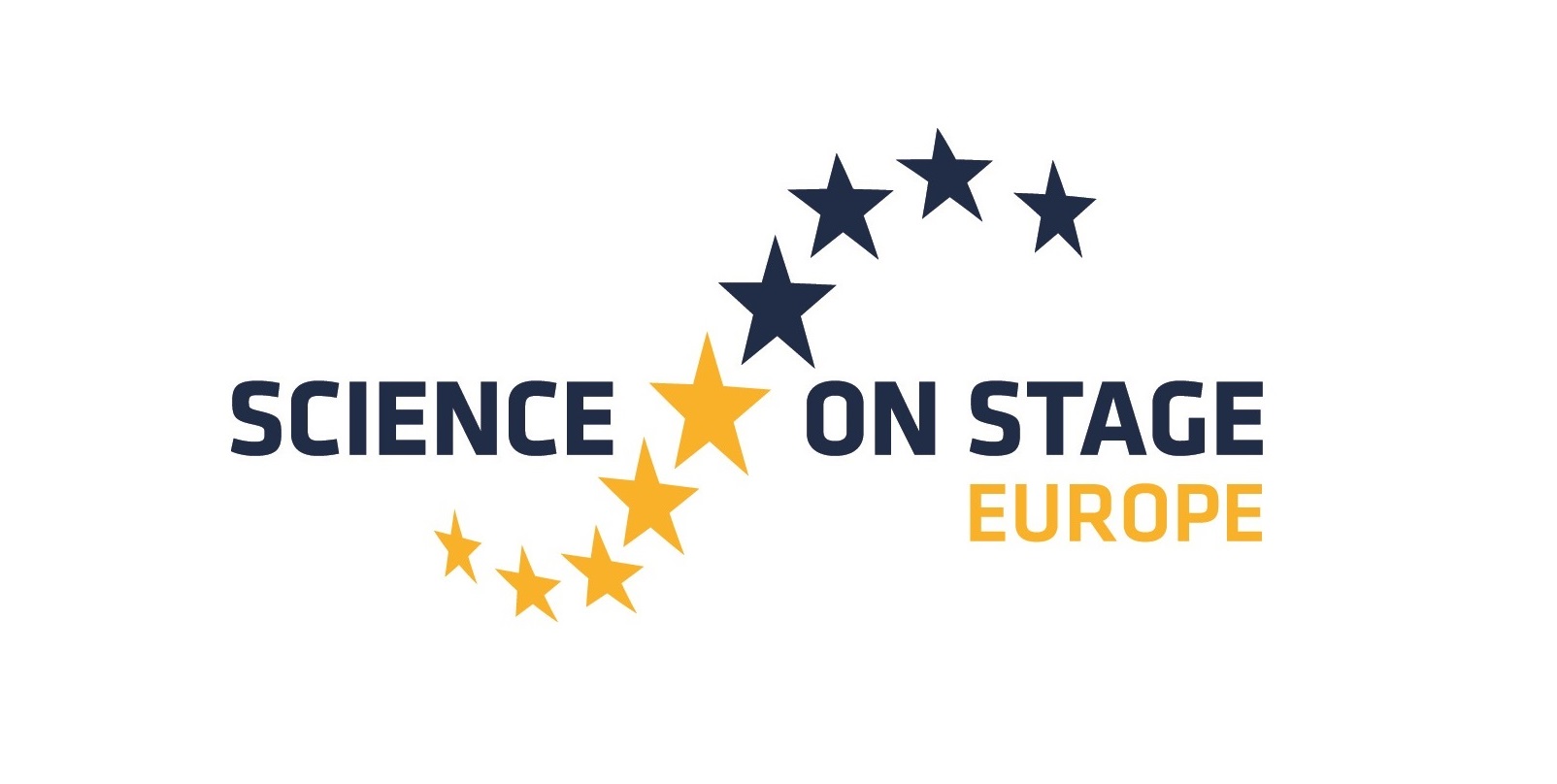The European Institute for Technologies, Education and Digitalisation (EITED) was founded on August 2, 2019, in Bulgaria. EITED’s Objectives are:
-
Encourage and promote the implementation and dissemination of modern educational programs and projects in accordance with the best practices, standards and technologies.
-
Encourage and promote the active participation of groups and communities in activities related to the modernization of education.
-
Organize and promote initiatives in the field of innovations in education, technologies and digitalisation in the domain of Industry, Business and the Public Sector.
-
Design and conduct training and do scientific research and innovation activity.
-
Support the creation of active and transparent partnerships and networks of organizations working in the fields of technologies, education and digitization.
-
Initiate, develop and participate in activities and projects towards creating, transforming, data mining and sharing knowledge.
-
Participate and encourage the involvement of civil society in the creation of innovations and interdisciplinary projects related to technologies, education, digitalisation, science, culture, art and sports.
EITED organize the National conference “SMART STEM education and innovations”. In 2021, the participants were more than 30, and the authors were nearly 50. The reports and presentations from the conference in 2022 were more than 50. The conference proceeding 2021 volume was 244 pages, and the 2022 volume was 379 pages. These volumes included research papers and presentations by speakers, teachers, and participants from educational organizations, as well as student STEAM works and STEM poems. During SMART STEM 2023, more than 250 participants joined the event onsite and online. The conference keynote speakers came from the USA, India, Norway, the Netherlands, Australia, and Germany. EITED is a Publisher, since 2019, of the STEM scientific journal "STEM Education, Innovations and Knowledge" ISSN 2815-2883. The journal is the first scientific periodical in the field of STEM in Bulgaria. Up till now, 17 issues have been published including 1057 pages, 194 authors, and 141 scientific, scientific, and practical publications. We, EITED, plan to work on novelty STEM projects in the EU to foster STEM advancement at each educational level. We plan to collaborate in networking events focused on STEM knowledge sharing, knowledge building, and project demonstrations among schools and universities. One of our priority areas is STEM School museum development and digital performance, as well as STEMS, where S stands for Sport, due to the fact that sports impact academic advancements.
For the last several years, Bulgaria has had an enormous advancement in STEM. There is a high potential for STEM practices in Bulgaria based on the intensive development during the last years of IT academies, robotics clubs, and open spaces for collaboration. Moreover, the growing number of events focused on STEM skills development is adding value to the positive trends. These events are hackathons, codethons, technology contests, and others, that stimulate on the one hand generation of new “fresh” ideas and on the other hand boost collaboration among the STEM community. The National STEM contest in High Schools, named “Who is SUPER STEM in your school?”, was held for the first time in 2017, and in 2022 the contest gathered more than 1300 participants – teachers, students, and parents. The Ministry of Education Youth and Science (MEYS) has many activities, stimulating STEM development in Bulgaria. For example, during the 2023/2024 school year, the high school students in professional classes are expected to be 39,319, and those in profiled classes – 25,664. A total of 1,477 STEM classes are planned for the academic year 2023/2024. Of these, 953 will be professional, and 524 will be profiled. There are many STEM trainings organized for teachers, that are certified by MEYS. The National STEM Center at the Ministry of Education and Science is a major provider of professional development for teachers in the fields of science, technology, engineering, and mathematics. The center coordinates supports, and consults the construction and development of a STEM environment in every Bulgarian school, creating a model for learning, qualification, and working with research methods and tools. The activities of the Center aim to bring Bulgarian education into the international rankings for education and achievements in STEM and to give all young people the opportunity for motivation and career development in the field.
